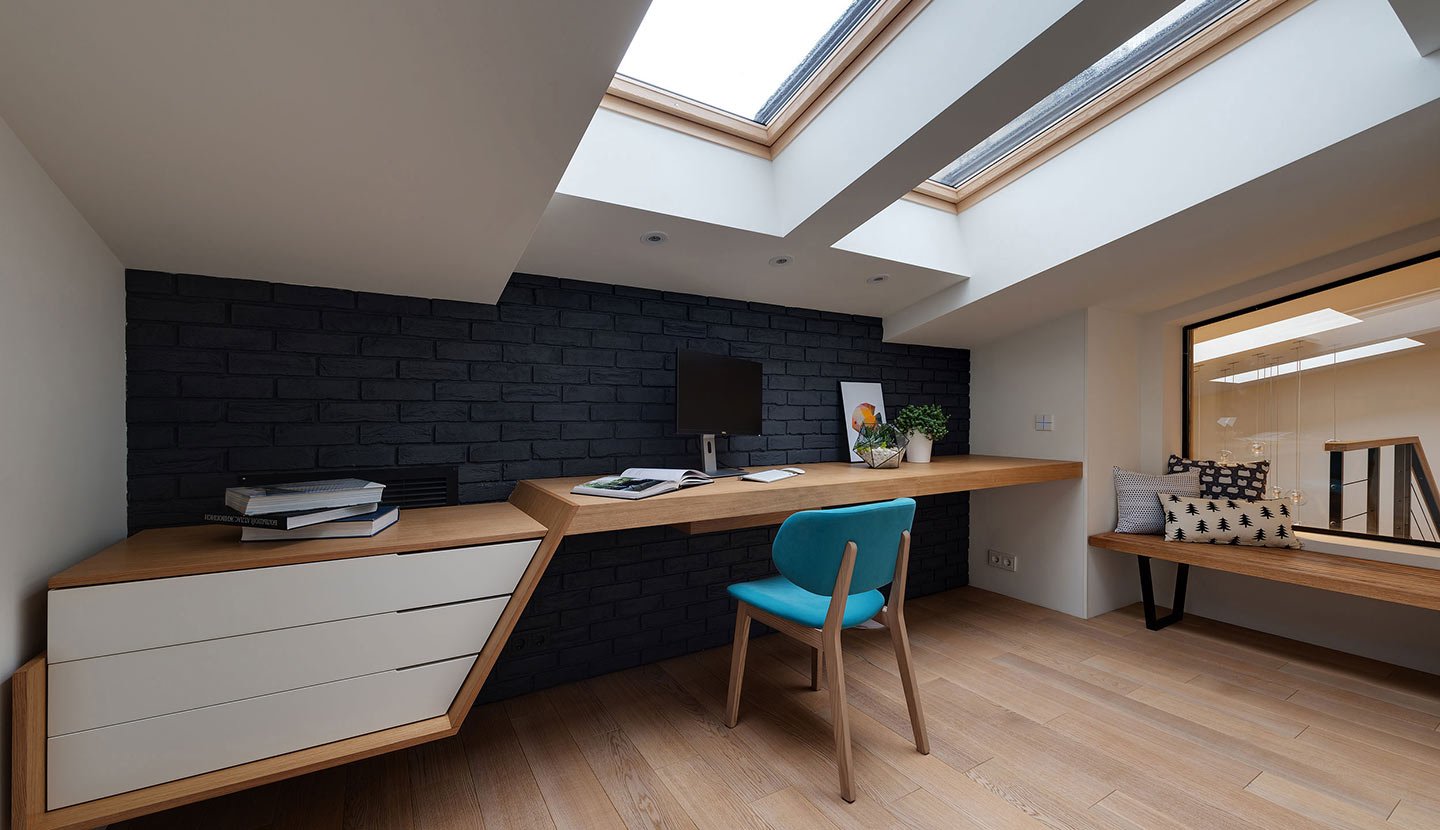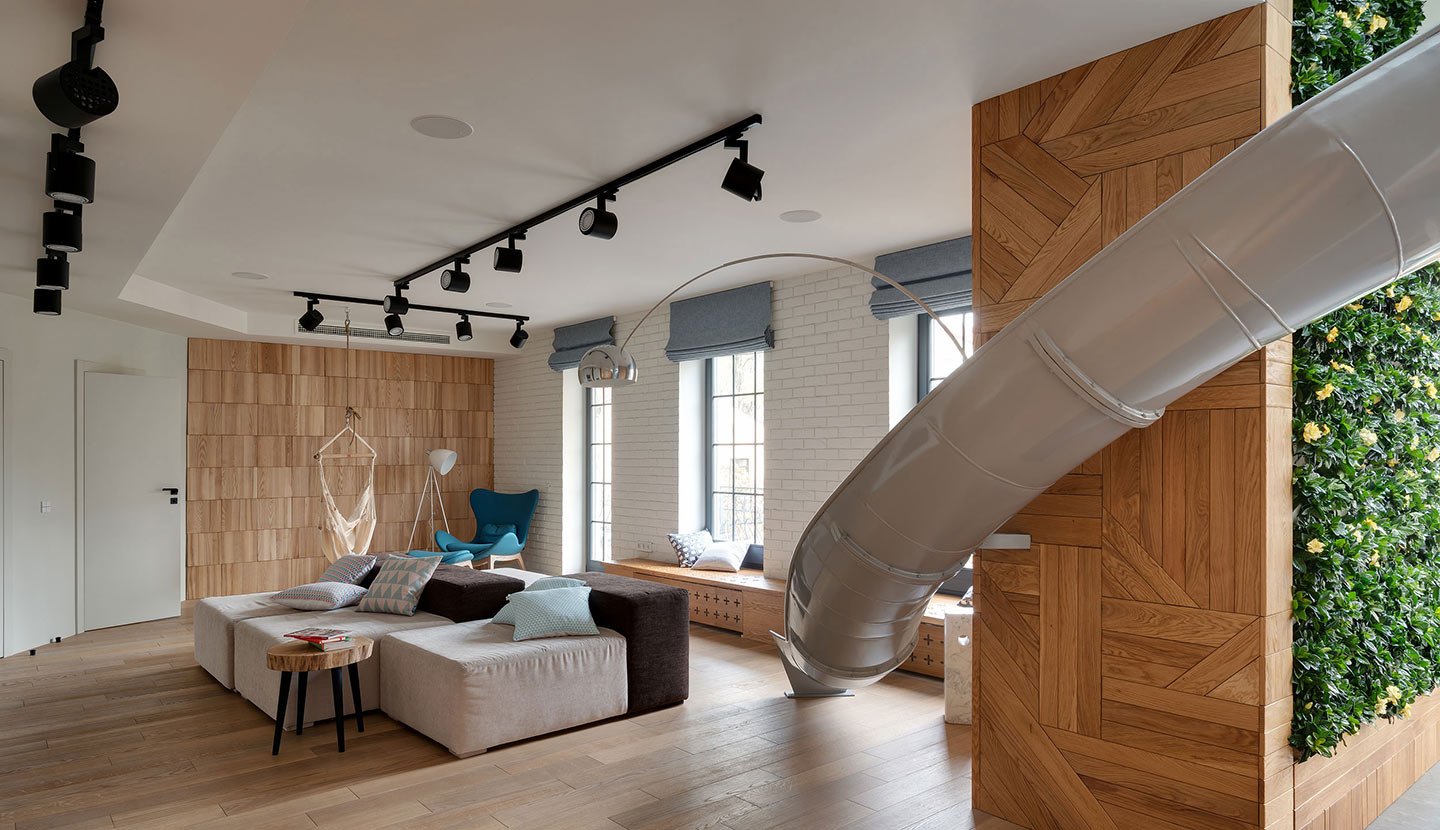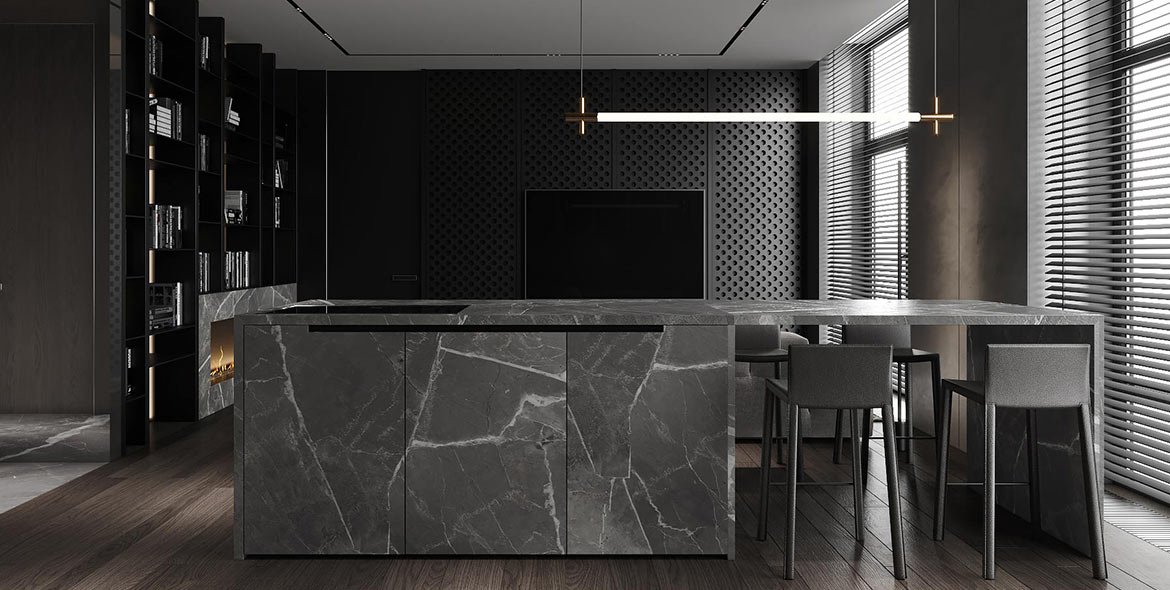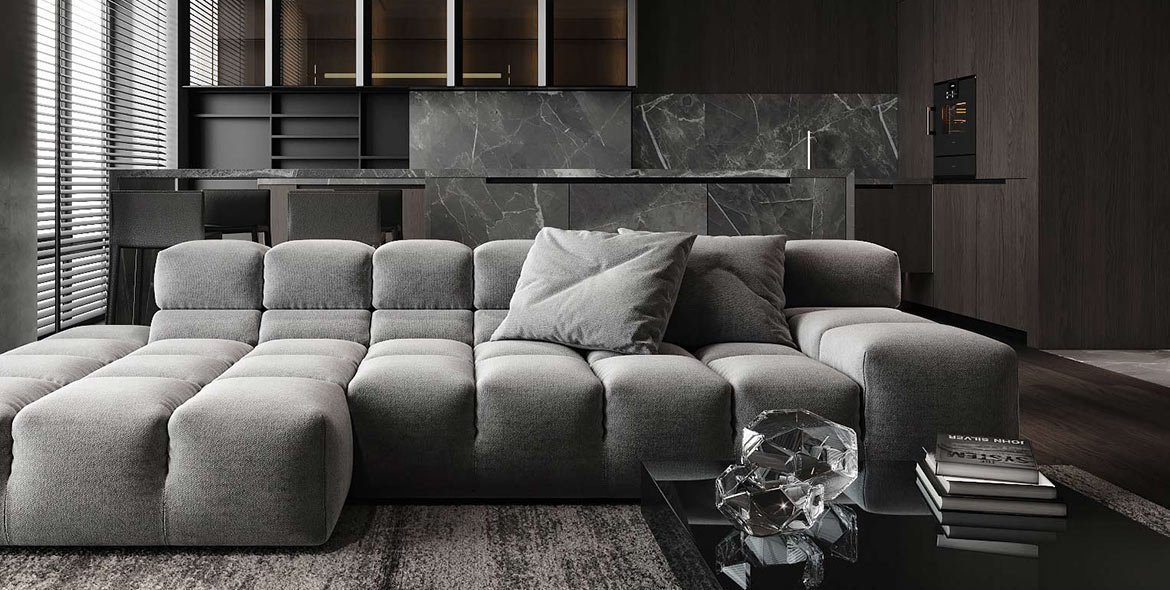When it comes to selecting the perfect countertop or flooring material for your home, the choice between honed and polished marble or granite can be a perplexing one.
Both finishes offer distinct aesthetic qualities and practical considerations, making it essential to understand the differences between them.
In this comprehensive guide, we’ll delve into the characteristics of honed and polished surfaces, explore their pros and cons, and ultimately help you determine which option best suits your needs and preferences.
What is Honed and Polished Finishes?
Before diving into the debate of which is better, let’s first define what honed and polished finishes entail.
Honed Finish
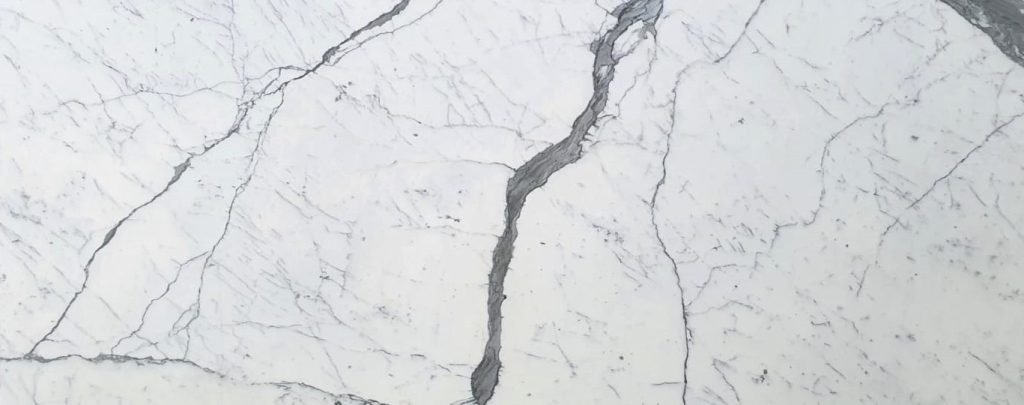
A honed finish involves grinding the surface of the stone to create a smooth, flat, matte appearance. This process removes any gloss or shine, resulting in a more natural and understated look.
Honed marble or granite tends to have a softer, velvety texture and is less reflective compared to its polished counterpart. This finish is often preferred for its ability to conceal scratches and etching more effectively, making it a practical choice for high-traffic areas or spaces prone to spills.
Polished Finish

In contrast, a polished finish undergoes a process of grinding and buffing the stone to achieve a glossy, reflective surface. This finish brings out the natural colors and veining of the marble or granite, enhancing its visual appeal and elegance.
Polished surfaces are smooth to the touch and create a luminous effect, adding brightness and sophistication to any space. While polished stone can be more susceptible to showing scratches and etching, proper sealing and maintenance can help mitigate these issues.
Pros and Cons of Honed and Polished Finishes?
Honed Finish
Pros:
- Conceals Scratches: The matte surface of honed marble or granite is adept at hiding scratches and imperfections, making it ideal for high-traffic areas.
- Natural Appearance: Honed finishes offer a softer, more organic look compared to polished surfaces, showcasing the natural texture and color variations of the stone.
- Non-Reflective: Honed surfaces do not reflect light as much as polished ones, creating a subdued and understated aesthetic.
- Better Grip: The texture of honed stone provides better traction, reducing the risk of slipping, which makes it suitable for flooring in wet areas like bathrooms.
Cons:
- Stain Susceptibility: Honed surfaces are more prone to staining since they lack the protective barrier provided by a glossy finish. Regular sealing is necessary to prevent stains.
- Visible Fingerprints and Dirt: The matte surface tends to show fingerprints, water spots, and dirt more visibly than polished surfaces, requiring more frequent cleaning.
- Less Vibrant Colors: Honed finishes may not accentuate the colors and patterns of the stone as vibrantly as polished finishes, resulting in a less dynamic appearance.
Polished Finish
Pros:
- Enhanced Appearance: Polished marble or granite surfaces boast a glossy sheen that enhances the natural beauty of the stone, showcasing its colors, veining, and depth.
- Reflective Properties: Polished surfaces reflect light, brightening up the space and creating a more open and airy feel.
- Easy to Clean: The smooth surface of polished stone is easy to clean and maintain, requiring minimal effort to wipe away spills and stains.
- Luxurious Aesthetic: The high-gloss finish of polished stone exudes luxury and sophistication, making it a popular choice for upscale interiors.
Cons:
- Susceptible to Scratches: The shiny surface of polished stone is more prone to scratches and etching, especially in high-traffic areas or when exposed to acidic substances.
- High Maintenance: Polished surfaces require regular sealing and polishing to maintain their shine and prevent dulling or staining.
- Slippery When Wet: The smooth surface of polished stone can become slippery when wet, posing a safety hazard, particularly in bathrooms or kitchens.
Considering these pros and cons can help you make an informed decision when choosing between honed and polished finishes for marble or granite, ensuring that your selection aligns with your aesthetic preferences, practical needs, and maintenance preferences.
Benefits of Honed or Polished Marble or Granite
Here are the benefits of both honed and polished marble or granite:
Benefits of Honed Marble or Granite

- Conceals Imperfections: The matte surface of honed marble or granite is excellent at concealing scratches, etches, and other minor imperfections, making it ideal for high-traffic areas or spaces where wear and tear are common.
- Natural Appearance: Honed finishes offer a more natural and organic look, showcasing the stone’s texture and color variations without the high gloss of a polished finish. This can create a warm and inviting atmosphere in any room.
- Non-Reflective: Unlike polished surfaces, honed marble or granite does not reflect light as strongly, which can reduce glare and create a softer, more subdued ambiance in the space.
- Improved Grip: The texture of honed surfaces provides better traction, making them a safer option for flooring in areas prone to moisture, such as bathrooms or kitchens.
- Low Maintenance: Honed finishes generally require less maintenance compared to polished surfaces. While periodic sealing is still recommended to protect against staining, honed stone typically does not require frequent polishing to maintain its appearance.
Benefits of Polished Marble or Granite
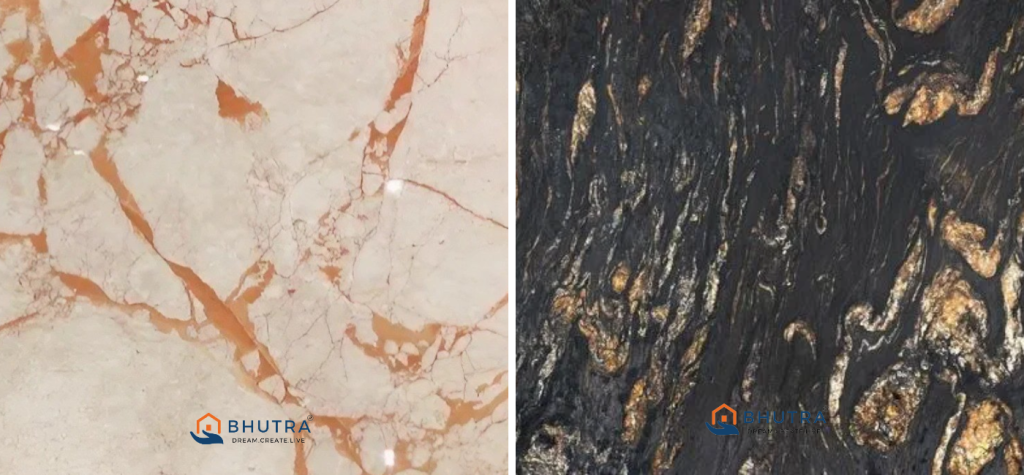
- Enhanced Beauty: Polished surfaces bring out the natural beauty of marble or granite, enhancing its colors, patterns, and veining. The glossy finish adds depth and richness to the stone, creating a luxurious and elegant aesthetic.
- Reflective Properties: Polished surfaces reflect light, making the space appear brighter, more spacious, and more inviting. This can be particularly beneficial in rooms with limited natural light.
- Easy to Clean: The smooth surface of polished marble or granite is easy to clean and maintain. Spills and stains can be wiped away effortlessly, making polished surfaces a practical choice for busy households.
- Durability: While polished surfaces may be more susceptible to scratches and etching than honed surfaces, they are still durable and long-lasting with proper care and maintenance. Regular sealing helps protect against damage and keeps the stone looking its best.
- Timeless Elegance: The high-gloss finish of polished marble or granite exudes a timeless elegance that never goes out of style. Whether used for countertops, floors, or accent pieces, polished surfaces add sophistication and sophistication to any space.
In short, both honed and polished marble or granite offer unique benefits depending on your preferences, lifestyle, and the specific requirements of your space. Whether you prefer the natural beauty and subtle charm of a honed finish or the timeless elegance and luxurious shine of a polished finish, marble or granite can enhance the aesthetic appeal and functionality of your home.
Cost Comparison of Honed or Polished Finish Marble or Granite
When comparing the costs of honed and polished finishes for marble or granite, several factors come into play that can influence the overall price. Here’s a breakdown of the cost considerations for each finish:
Honed Finish
- Material Cost: The cost of the marble or granite itself will be consistent regardless of the finish. Honed stone typically doesn’t require as much polishing, which could slightly reduce the overall material cost compared to polished stone.
- Labor Cost: The labor cost for honing the stone may be slightly lower compared to the labor involved in achieving a polished finish. However, the difference in labor cost may not be significant since both processes require skilled craftsmanship.
- Maintenance Cost: Honed surfaces generally require less maintenance compared to polished surfaces. While honed stone still requires periodic sealing to protect against staining, it may not need as frequent polishing to maintain its appearance. This can result in lower long-term maintenance costs.
Polished Finish
- Material Cost: As with honed finishes, the material cost for polished marble or granite remains consistent. However, achieving a polished finish typically requires more intensive grinding and buffing, which could increase the cost slightly due to the additional labor and equipment needed.
- Labor Cost: Achieving a polished finish requires more labor-intensive processes, including grinding, buffing, and polishing the stone to achieve the desired shine. As a result, the labor cost for achieving a polished finish may be slightly higher compared to honing the stone.
- Maintenance Cost: Polished surfaces require more maintenance compared to honed surfaces. Regular sealing and periodic polishing are necessary to preserve the glossy appearance and protect against scratches and stains. This ongoing maintenance can result in higher long-term maintenance costs compared to honed finishes.
While the material cost for honed and polished marble or granite may be similar, there may be differences in labor costs and long-term maintenance expenses. Honed finishes may have slightly lower labor costs and require less maintenance over time, potentially making them a more cost-effective option in the long run.
However, the specific cost difference between honed and polished finishes will vary depending on factors such as the size of the project, the type of stone selected, and local market conditions. It’s essential to consult with a reputable stone supplier like Bhutra Marble & Granites to get accurate cost estimates based on your individual needs and preferences.
Best Uses of Honed or Polished Finish Marble or Granite
The best uses of honed or polished finish marble or granite depend on their respective characteristics and the specific requirements of the space. Here are some recommendations for the optimal uses of each finish:
Honed Finish
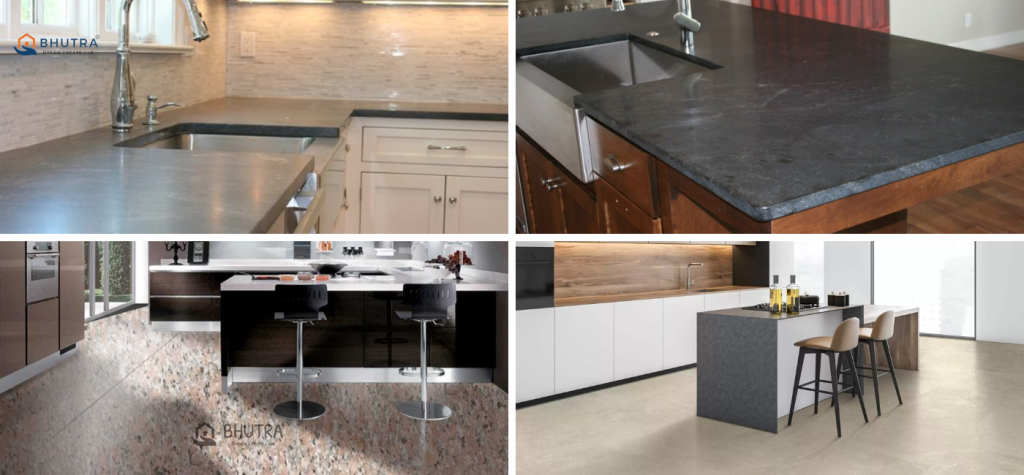
- Kitchen Countertops: Honed marble or granite is an excellent choice for kitchen countertops, especially in high-traffic areas. Its matte surface helps conceal scratches and etching, making it more forgiving than polished surfaces.
- Bathroom Surfaces: Honed finishes are ideal for bathroom countertops, floors, and shower surrounds. Their softer texture provides better traction, reducing the risk of slips and falls, particularly in wet environments.
- Flooring: Honed marble or granite is well-suited for flooring in areas where slip resistance is a priority, such as entryways, hallways, and living rooms. Its natural appearance adds warmth and character to any space.
- Outdoor Applications: Honed stone can be used for outdoor applications such as patio flooring, pool surrounds, and outdoor kitchen countertops. Its non-reflective surface helps minimize glare, making it comfortable for outdoor use.
- Commercial Spaces: Honed finishes are often preferred in commercial settings such as restaurants, hotels, and office buildings due to their durability and low maintenance requirements.
Polished Finish
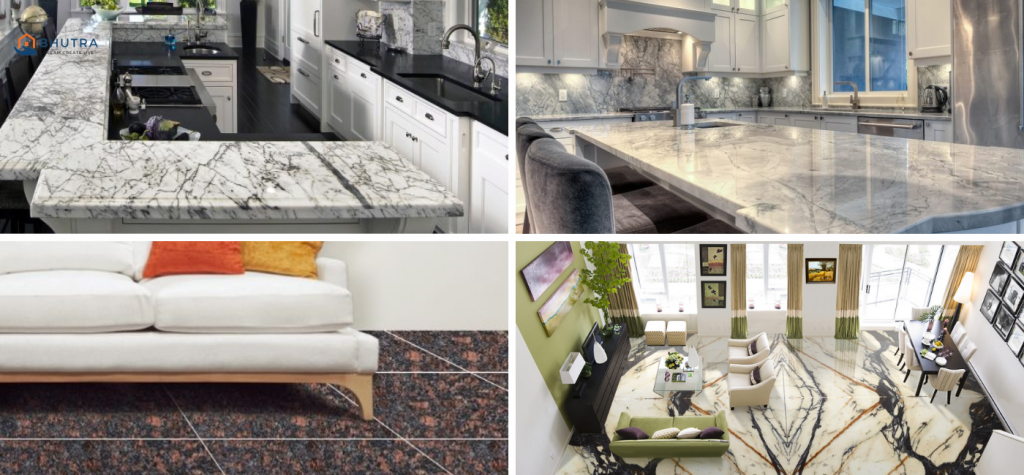
- Kitchen Islands: Polished marble or granite is an excellent choice for kitchen islands, where it can serve as a focal point and add a touch of luxury to the space. Its glossy finish enhances the natural beauty of the stone, making it a stunning centerpiece.
- Bathroom Vanities: Polished surfaces are well-suited for bathroom vanities, providing a sleek and elegant look that complements modern and traditional decor styles alike.
- Feature Walls: Polished marble or granite can be used to create dramatic feature walls in living rooms, dining areas, or bedrooms. Its reflective properties help bounce light around the room, creating a sense of spaciousness.
- Statement Pieces: Polished stone can be used to create statement pieces such as fireplace surrounds, accent tables, or custom furniture. Its luxurious appearance adds sophistication and style to any interior design scheme.
- High-End Residential Spaces: Polished finishes are often chosen for high-end residential projects such as luxury homes, penthouses, and upscale condominiums, where they can elevate the overall aesthetic and add value to the property.
In short, the best uses of honed or polished finish marble or granite depend on factors such as durability, maintenance requirements, aesthetic preferences, and the intended application. By considering these factors, you can choose the right finish to enhance the beauty and functionality of your space.
Why Bhutra Marble & Granites?
There are several compelling reasons to consider purchasing from Bhutra Marble & Granites, a renowned supplier based in Kishangarh, Rajasthan, India:
- Extensive Selection: Bhutra Marble & Granites boasts an extensive inventory of high-quality marble, granite, and natural stones, ensuring customers have abundant options to choose from to meet their specific project needs.
- Quality Assurance: With a commitment to excellence, Bhutra Marble & Granites sources its materials from trusted suppliers and ensures stringent quality control measures are in place throughout the selection and fabrication process.
- Expertise and Experience: Backed by 45+ years of industry experience, Bhutra Marble & Granites’ knowledgeable staff offers expert guidance and assistance to customers, helping them navigate through the selection process with confidence and clarity.
- Customization Options: Recognizing the importance of customization, Bhutra Marble & Granites provides tailored solutions to accommodate unique design preferences and specifications, ensuring each project reflects the client’s vision.
- Competitive Pricing: Despite offering premium products and services, Bhutra Marble & Granites remains committed to offering competitive pricing, providing customers with excellent value for their investment without compromising on quality.
- Excellent Customer Service: Putting customer satisfaction at the forefront, Bhutra Marble & Granites prioritizes delivering exceptional service at every touchpoint, from initial inquiries to post-purchase support, ensuring a positive and seamless experience for all clients.
Bhutra Marble & Granites stands out as a trusted supplier of premium-quality natural stone products, offering a comprehensive selection, unmatched expertise, customization options, competitive pricing, and superior customer service.
Conclusion
In conclusion, the choice between honed and polished finish marble or granite ultimately depends on your individual preferences, practical needs, and the specific requirements of your space.
Honed finishes offer a natural, understated elegance with their matte appearance and softer texture, making them ideal for high-traffic areas, outdoor applications, and spaces where slip resistance is a priority.
On the other hand, polished finishes exude luxury and sophistication with their glossy appearance, enhancing the natural beauty of the stone and making them perfect for statement pieces, kitchen islands, and high-end residential spaces.
Whether you prioritize durability, maintenance, aesthetic appeal, or a combination of factors, both honed and polished finishes have their own unique benefits and applications. By carefully considering these factors and weighing the pros and cons of each finish, you can make an informed decision that enhances the beauty and functionality of your home or commercial space.
Ultimately, whether you choose honed or polished finish marble or granite, you can rest assured that you’re investing in a timeless and enduring material that will bring joy and beauty to your surroundings for years to come.



